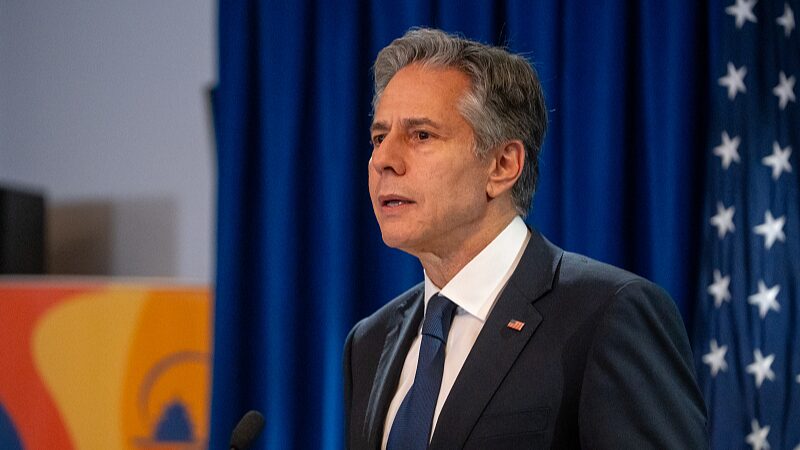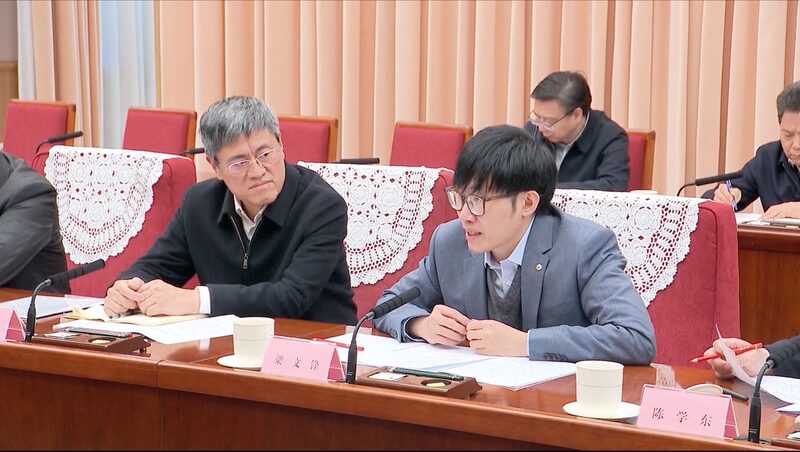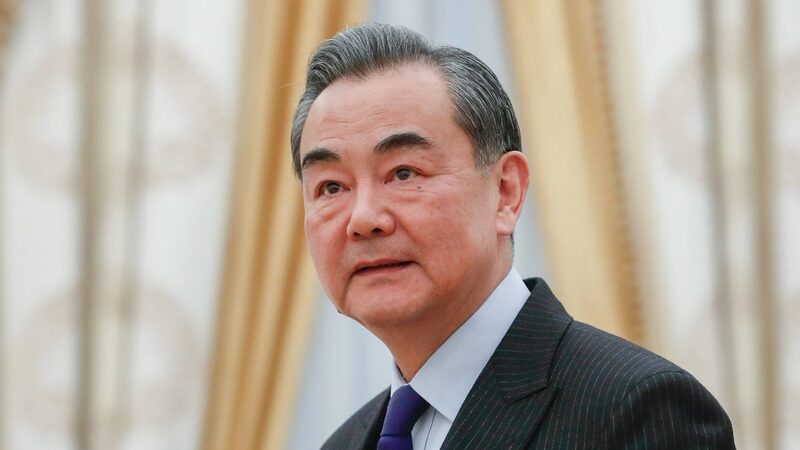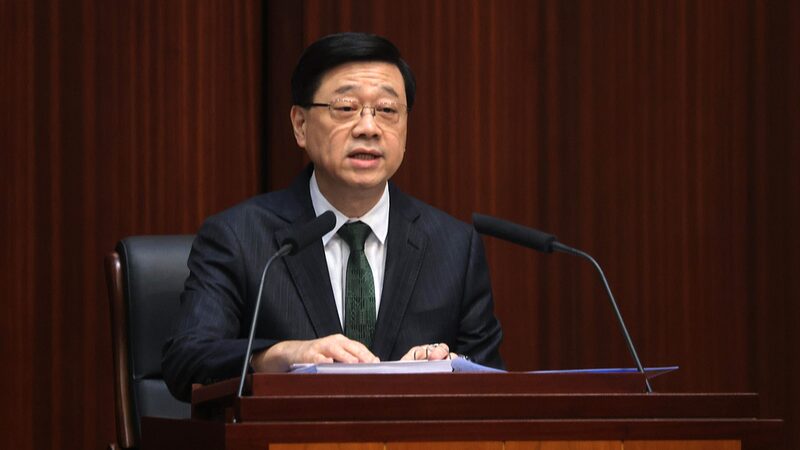China and India held their 33rd Meeting of the Working Mechanism for Consultation and Coordination on Border Affairs in Beijing this week, reaffirming commitments to maintain regional stability and deepen dialogue. The discussions, described by the Chinese Foreign Ministry as "positive, constructive, and forward-looking," focused on implementing prior agreements and resolving lingering border issues.
Hong Liang, director general of the Department of Boundary and Ocean Affairs of the Chinese Foreign Ministry, co-chaired the meeting with India’s Gourangalal Das, joint secretary of the East Asia Division. Both sides reviewed progress made since their 23rd special representatives' meeting in December 2024, where a landmark six-point consensus was established to guide border management and cross-strait cooperation.
The latest talks emphasized enhancing institutional mechanisms for crisis prevention and exploring practical measures to safeguard peace in contested areas. Analysts note the meetings reflect growing pragmatic engagement between the two Asian powers amid broader geopolitical shifts.
Preparations for the upcoming 24th special representatives’ meeting were also discussed, signaling sustained momentum in bilateral dialogue. The outcomes are closely monitored by investors and regional stakeholders, as stability along the China-India border remains critical for trade corridors and economic integration efforts.
Reference(s):
China, India hold 33rd meeting of working mechanism on border affairs
cgtn.com








